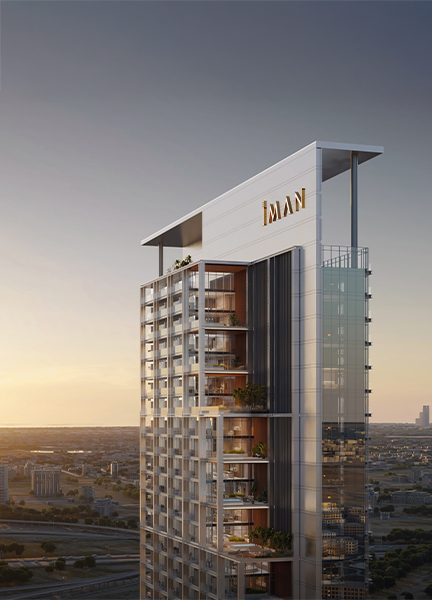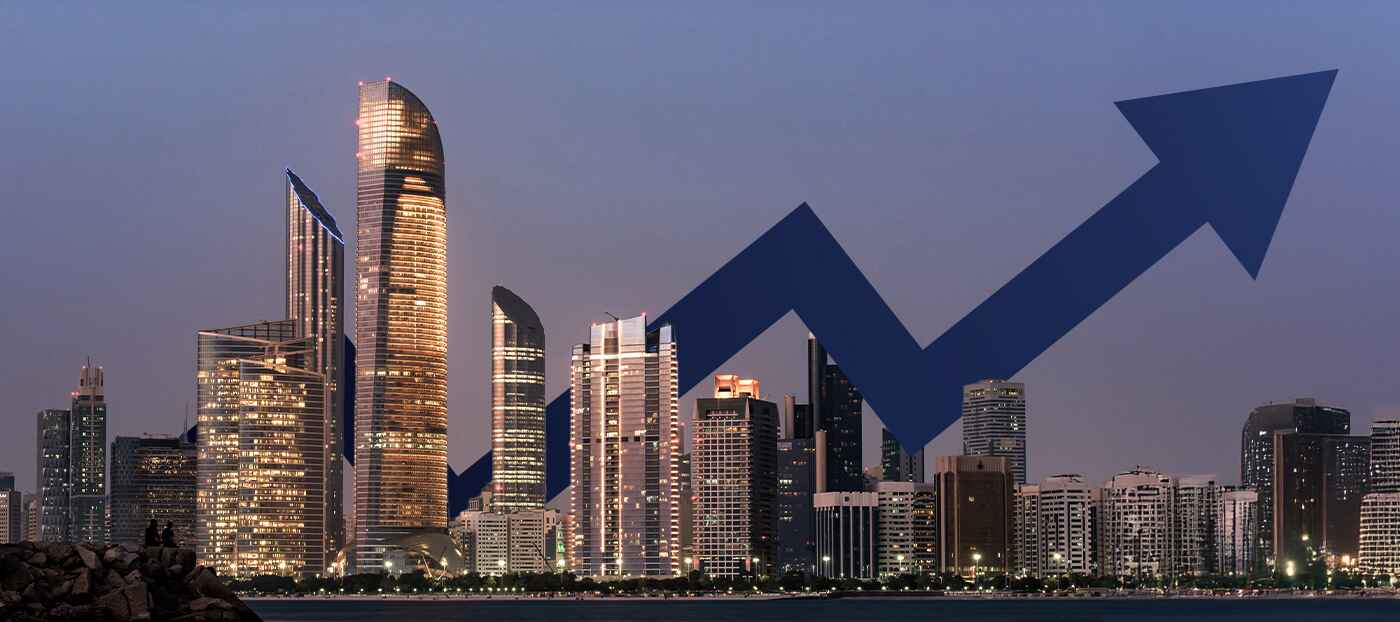


Dubai has emerged as one of the world’s most dynamic real estate investment destinations – and in 2025, that status is stronger than ever. From iconic communities like Motor City to projects launched by the best real estate developers in Dubai, the city continues to attract property investors from across the globe. Thanks to a mix of economic growth, investor-friendly laws, tax advantages, world-class infrastructure, and a thriving population, the city continues to attract property investors from across the globe. Whether you’re a first-time buyer or an experienced investor, Dubai offers one of the most promising environments for real estate growth and stable returns.
Dubai’s strategic position between Asia, Europe, and Africa has made it a natural business hub and global gateway. The city connects to more than 200 destinations through Dubai International Airport, making it one of the busiest aviation hubs in the world. This connectivity boosts trade, tourism, and business trave – which, in turn, drives steady demand for both commercial and residential properties. Areas like JVC, Downtown Dubai, Dubai Marina, and Motor City benefit the most from this strategic connectivity.
In 2025, the government’s continued investment in logistics and aviation infrastructure will further strengthen Dubai’s position as a global hub. For real estate investors, this means more business travelers, more expatriates, and ultimately, more demand for housing and rentals.
Unlike many major cities, Dubai does not impose income tax on individuals or capital gains tax on property investments. This gives investors a significant edge in maximizing their net returns. Partnering with trusted Dubai property developers allows investors to get the most value from these high yields.
Typical rental yields in Dubai range from 5 % to 8%, which is considerably higher than in markets like London or New York. Combined with the absence of tax deductions on income or capital appreciation, investors can enjoy higher net profits.
Dubai has always been synonymous with futuristic development. The city’s infrastructure — from smart transportation to mixed-use communities — is built to world-class standards. In recent years, new metro lines, upgraded road networks, and sustainable master plans have opened up new investment corridors.
Areas near key infrastructure projects — like metro stations, highways, business districts, and coastal developments — often show stronger rental and capital appreciation potential. This is why investors often target locations connected to upcoming transportation or commercial hubs.
Many real estate developers in Dubai are focusing on future-ready communities like Motor City Dubai, which are well-connected and designed for high rental demand.
Dubai’s real estate market is regulated by bodies like the Dubai Land Department and the Real Estate Regulatory Agency. These authorities have introduced several regulations to ensure transparency and protect investors — including escrow accounts, project monitoring, and secure title deed registration.
These measures have built confidence among international investors who might hesitate to buy property abroad. With legal structures in place, Dubai offers one of the most structured real estate frameworks in the region.
One of the most exciting aspects of Dubai’s property market in 2025 is the growing off-plan segment. Developers offer highly flexible payment plans — sometimes with just 10–20% down payment and the remaining balance linked to construction milestones or post-handover periods.
This allows investors to enter the market with less upfront capital and benefit from capital appreciation during the construction period.
However, it’s crucial to verify the developer’s reputation, project location, and escrow structure to minimize risks.
Dubai’s population is expected to continue growing steadily as new businesses, expats, and remote workers flock to the city. According to official reports, the emirate is on track to host over 5.8 million residents by 2040.
More people means more demand for rental and owned housing — which creates long-term stability for property investors.
Dubai’s property market is diverse. Whether it’s luxury apartments, affordable units, or commercial spaces, each segment attracts its own audience. Areas close to business hubs attract working professionals, while coastal and lifestyle communities attract families and long-term residents.
Short-term rentals — powered by platforms like Airbnb — have also become increasingly popular, allowing investors to earn higher yields compared to traditional yearly leases.
Dubai allows 100% foreign ownership in many freehold areas, making it simple for international investors to buy property without needing a local partner. Additionally, property ownership can qualify buyers for long-term residency visas, depending on investment value.
This has been a game-changer for investors from Asia, Europe, and beyond, who want both investment returns and lifestyle benefits.
Dubai’s vision goes beyond real estate — it’s aiming to become one of the world’s smartest and most sustainable cities. Government initiatives focusing on clean energy, smart homes, and AI-driven infrastructure enhance the city’s global appeal.
For investors, this means long-term stability and steady capital growth. Properties in smart communities or near sustainability hubs often command higher demand and better resale value.
Dubai has proven time and again that it’s more than just a glamorous city — it’s a strategic, profitable, and secure real estate investment market. With its investor-friendly tax environment, strong regulations, smart infrastructure, and global appeal, the emirate continues to attract both institutional and individual investors.
Whether you’re looking for capital appreciation, stable rental income, or a long-term investment, Dubai in 2025 offers a balanced mix of opportunity and security. By focusing on due diligence, smart area selection, and reliable partners, investors can make the most of this thriving market.
Q1. Can foreigners buy property in Dubai?
Yes, foreigners can buy freehold property in many designated areas with full ownership rights.
Q2. What is the average rental yield in Dubai?
Average yields range between 5% to 8%, depending on location and property type.
Q3. Is there any property tax in Dubai?
No annual property tax is applied to individuals. However, there are one-time registration and service charges.
Q4. Is off-plan property safe to invest in?
Yes, but only with trusted developers and escrow-protected projects regulated by the Dubai Land Department.
Q5. What’s the best area to invest in 2025?
Areas like Business Bay, Downtown Dubai, Dubai Marina, and JVC remain investor favorites due to location, infrastructure, and returns.
Q6. Why invest in Dubai real estate in 2025?
Investing in Dubai real estate in 2025 offers a rare combination of high ROI, zero income tax, and strong market stability. The city’s smart infrastructure, investor-friendly regulations, and booming off-plan market create the perfect environment for both short-term gains and long-term capital growth. Additionally, its global appeal and residency visa benefits make it one of the most secure and rewarding property markets in the world.
Q7. Which country is best for real estate investment in 2025?
For 2025, Dubai stands out globally as one of the best countries for real estate investment because of its tax-free structure, stable economy, and world-class infrastructure. Unlike many developed countries, it offers affordable entry points, high rental yields, and full foreign ownership in many areas — making it a top choice for both regional and international investors.
Q8. What will happen to Dubai in 2025?
2025 is projected to be a milestone year for Dubai’s real estate sector. With new mega projects, sustainable city developments, and continuous foreign investment, the market is expected to experience steady price growth and increased rental demand. The government’s economic diversification plans and visa reforms will further strengthen Dubai’s position as a global investment hub.
Q9. What is the return of property investment in Dubai in 2025–26?
The average rental yield in Dubai for 2025–26 is expected to remain between 5% to 8%, depending on location and property type. Prime areas like Business Bay and Dubai Marina may offer even higher returns, especially for short-term rentals. In addition to rental income, investors can also benefit from annual capital appreciation, making it a well-rounded investment option.
Q10. How many years can you own property in Dubai?
In Dubai’s freehold areas, foreign investors can own property indefinitely — there’s no time limit on ownership. This gives buyers full rights to sell, lease, or pass the property on to heirs. For leasehold areas, ownership terms can be up to 99 years, depending on the agreement. This flexibility is one of the key reasons why international investors prefer Dubai.